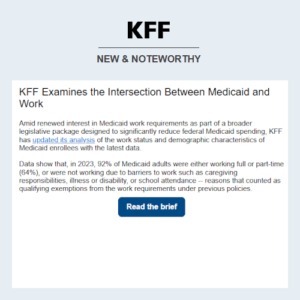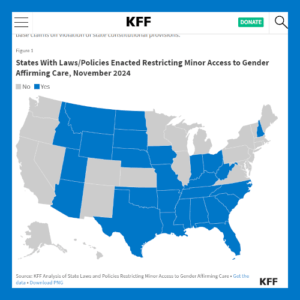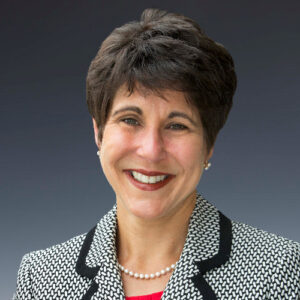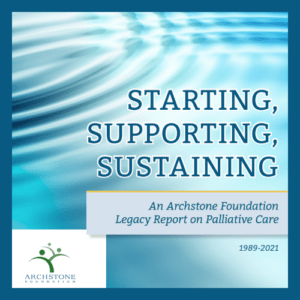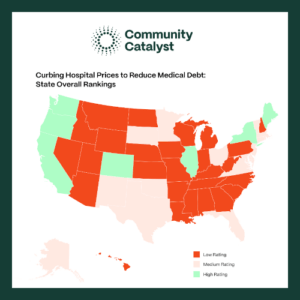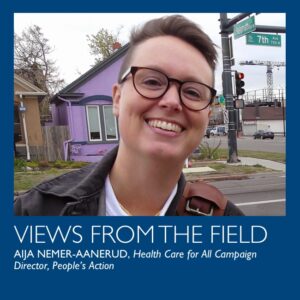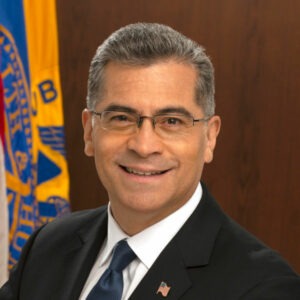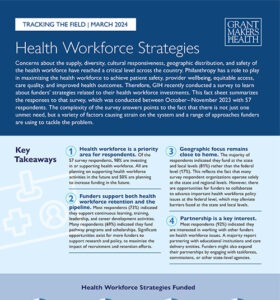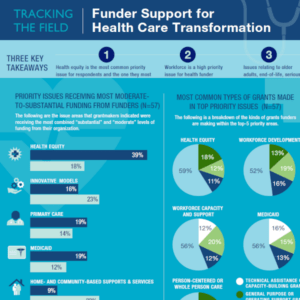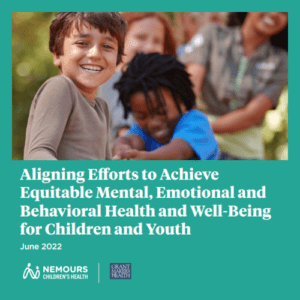Featured Resources
Data Show That The Majority of Adult Medicaid Enrollees are Working
Amid renewed interest in Medicaid work requirements as part of a broader legislative package designed to significantly reduce federal Medicaid spending, KFF has updated its analysis of the work status and demographic characteristics of Medicaid enrollees with the latest data.
Youth Access to Gender Affirming Care at the Supreme Court: What to Know
Ahead of December 4 arguments in a Supreme Court case (U.S. v. Skrmetti) challenging the constitutionality of Tennessee restrictions for gender affirming care for minors, KFF explores the background of the case and potential rulings.
Explore Access and Quality Topics
Latest Resources
Missouri Foundation for Health: October 2024
In the Speak Up MO report, residents’ top responses identified several priorities for improving health, including expanding health care coverage or implementing universal health care, lowering health care costs, and addressing the cost of living.
Episcopal Health Foundation: October 2024
Episcopal Health Foundation’s (EHF) annual poll shows continuing health care affordability and access crisis in Texas. EHF’s poll found that 64 percent of Texans said they skipped or postponed some sort of health care because of the cost. That includes things like check-ups, treatments, tests, filling prescriptions, and dental care. That percentage is slightly down from the 68 percent who said they skipped care last year – the highest percentage in the six-year history of EHF’s poll.
Biden-Harris Administration Announces $75 Million Investment in Rural Health Care
The Health Resources and Services Administration (HRSA), an agency of the U.S. Department of Health and Human Services (HHS), announced nearly $75 million to support health care services in rural America. Funding will launch new opioid treatment and recovery services in rural communities, strengthen maternal health care in the South, and help rural hospitals stay open.
A Marathon, Not a Sprint
Community Health Workers (CHWs), also referred to as health navigators, advocates, or promotor(a)s, are trusted community members trained to work with local health care and social services to help clients navigate often complex systems of care, while also improving the quality and cultural competence of service delivery. The United Methodist Health Ministry Fund and Health Forward Foundation have long supported CHWs in Kansas and Missouri, providing grants to organizations to support CHWs in a variety of settings – clinical and community-based – as well as supporting coalition-building, training, research, and advocacy efforts.
Publications and Reports
2024 Survey Summary: Health Workforce Strategies
Concerns about the supply, diversity, cultural responsiveness, geographic distribution, and safety of the health workforce have reached a critical level across the country. Philanthropy has a role to play in maximizing the health workforce to achieve patient safety, provider well-being, equitable access, care quality, and improved health outcomes. Therefore, GIH recently conducted a survey to learn about funders’ strategies related to their health workforce investments.
Funder Support for Health Care Transformation
This infographic summarizes the responses to a Grantmakers In Health funder poll, conducted October 2022, on how philanthropy is supporting health care transformation efforts, especially those concerned with improving quality of life, coordinating complex care, and taking patient preferences into account.

